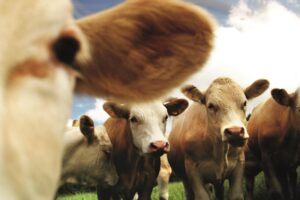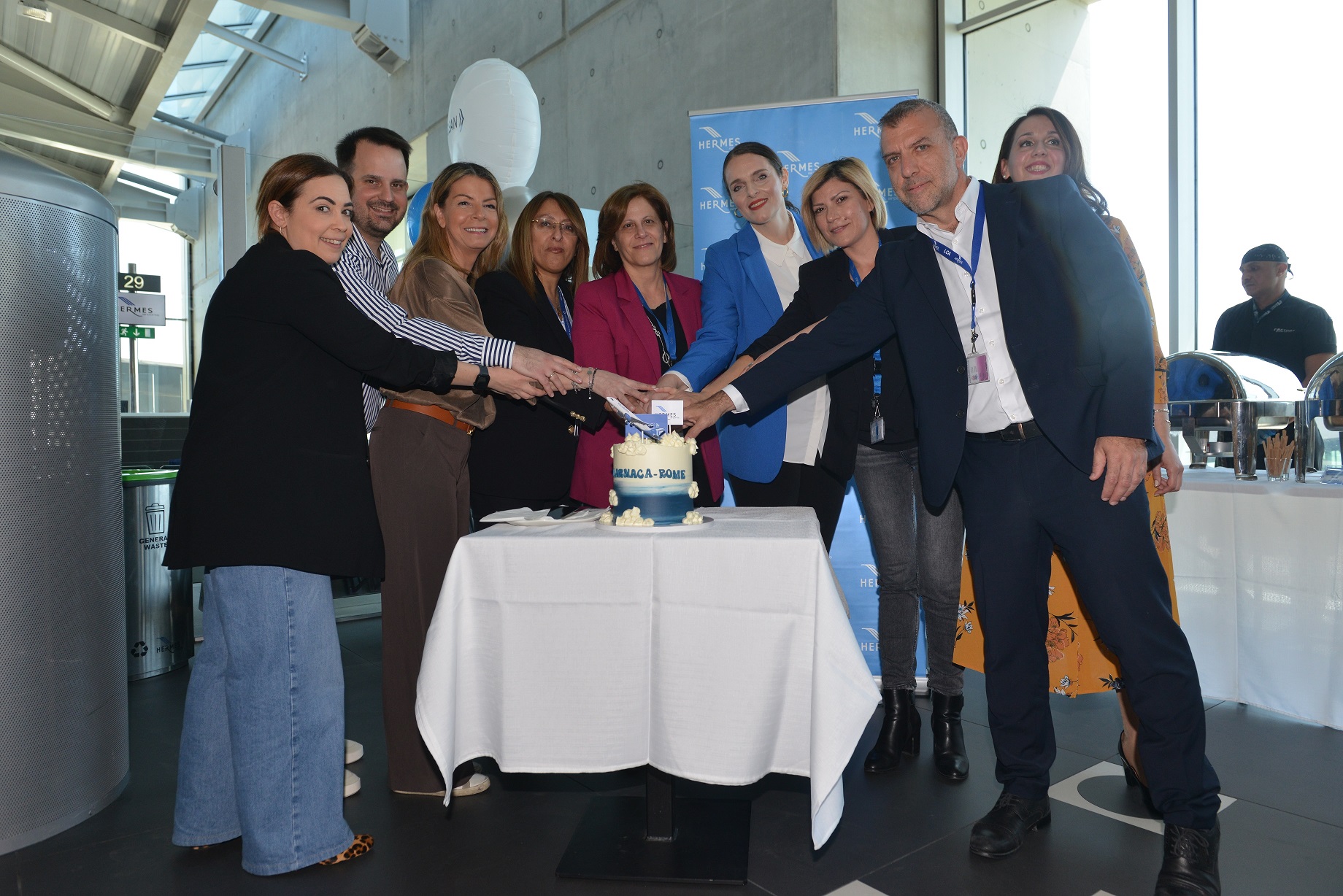Antimicrobial resistance (AMR) is a rising threat to human and animal health and requires urgent and concerted action to limit its development and to maintain an arsenal of effective antimicrobials.
A report by the European Commission’s Health and Food Safety DG presents an overview of the measures taken in the EU and beyond to promote the prudent use of antimicrobials in animals, as advocated in the relevant Union guidelines.
These measures also include biosecurity and vaccination for disease prevention, control and eradication.
Encouragingly, there are signs that these holistic approaches have led to decreasing levels of AMR.
Based on the results of an e-survey, policies on the prudent use of antimicrobials in animals appear to have received a reasonable level of attention from most national competent authorities, notably in relation to farm animals. In particular, measures to minimise the sales and use of colistin in animals have been taken or planned in the majority of countries.
Although many countries are aware of data concerning the impact that have had their national measures to promote prudent use, most of them do not yet collect data on the use of antimicrobials at the level of individual farms or on their prescription. Interestingly, some countries have found the collection, analysis and benchmarking of such data to be useful tools to promote prudent use.
The report highlights potential examples of good practice which may be useful to other countries in shaping national policies on prudent use, as well as some challenges. The report also describes the Commission’s current and future plans in this area, in particular new EU legislation on veterinary medicinal products and medicated feed.
















